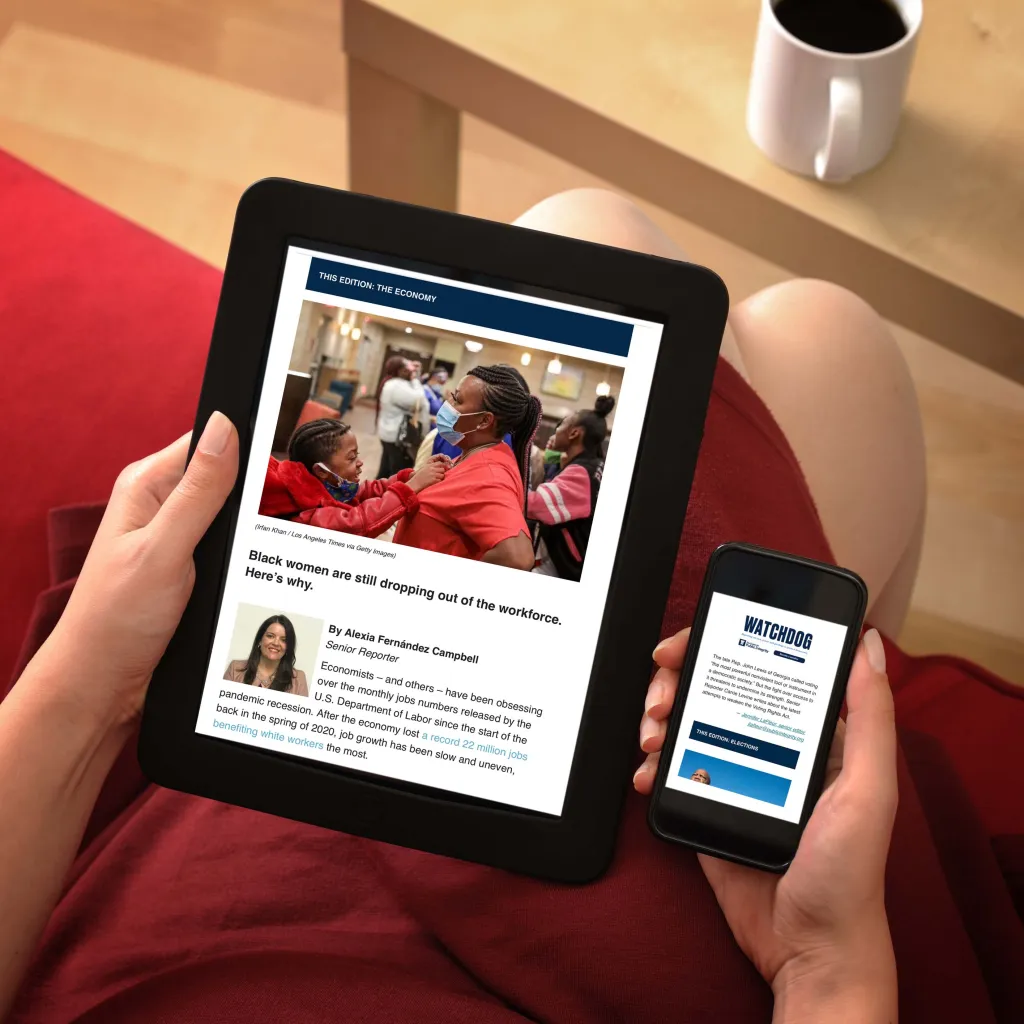A ballot initiative that would sidestep a Republican-controlled state legislature and expand voting rights in Michigan has surpassed the number of signatures needed to appear on the November ballot, but opponents have challenged it on technical grounds.
The measure advanced by voter advocacy group Promote the Vote would allow for nine days of early voting and allow mail-in ballots postmarked on or before Election Day from military and overseas voters to be counted up to six days after an election.
Opponents say the proposal fails to list each part of the state constitution that would be altered if passed.
It’s not the first time advocates have gone directly to voters to improve access to elections. A sweeping constitutional amendment was adopted in 2018 allowing voters to request absentee ballots without giving a reason, and changed the 30-day registration deadline to Election Day.
“Promote the Vote won in 2018, and in 82 of 83 counties got a majority of vote,” said Merissa Kovach, legislative director for ACLU of Michigan. “It was hugely popular, and voters made their voices very clear that they want more options and avenues to vote.”
There have been no significant changes to Michigan’s election process since 2020. Attempts by the Republican-led state legislature to put up new barriers to voting have been vetoed by Democratic Gov. Gretchen Whitmer, including a bill that would have imposed strict ID rules.
Upcoming ballot initiative
As it stands, people can vote early only using absentee ballots. There is no in-person early voting.
The Promote the Vote petition would change that, along with loosening restrictions for absentee ballots.
Attorneys for a group called Defend your Vote filed a 57-page challenge to the voting rights amendment in August claiming it failed to comply with Michigan law, which requires petitions to amend the state Constitution explicitly state which sections would be “altered or abrogated.”
The challenge called the petition “defective,” which Promote the Vote executive director called “bogus, baseless and meritless,” saying it “shows the lengths that special interests will go to rig our elections by making voting more difficult and less accessible for people across Michigan.”
“It would give working people and families more time to get to the polls,” Kovach said. “The more options you provide, the more people will have options that work for them. Allowing for early voting is just another option so folks can make sure they can fit it into their schedule.”
Voter ID
Meanwhile, conservatives hope to use the citizen initiative process to add new roadblocks to Michigan voting laws. Secure MI Vote would amend the state constitution to require a photo ID, driver’s license, state ID or partial Social Security number for absentee ballot applications, along with a photo ID for in-person voting. It would also require a partial Social Security number to register.
It would eliminate Michigan’s existing option for voters who do not have a photo ID to simply sign an affidavit at the polls swearing to their identity.

About this series
This project looks at the state of voting access, voting rights and inequities in political representation in all 50 states and Washington, D.C.
Organizers gathered enough signatures to put the issue before voters but did not meet a May 31 deadline to qualify for this November’s ballot. Critics of the proposal say the late submission was intentional. Instead, it will now go before a Republican-led legislature, which could adopt it without voter approval. Under the state’s rules for citizen initiatives, Democrat Gov. Gretchen Whitmer would not be able to veto the measure if it’s adopted.
Detroit and voting disparities
Low turnout among Detroit voters has been called a “civic crisis.”
Only 18% of Detroit’s registered voters cast ballots in the November 2021 general municipal election – the lowest turnout in more than a decade. Less than 15% voted in the August 2021 primary.
In 2020, Detroit, which is 77% Black, saw more problems with the delivery of ballots by the U.S. Postal Service compared to predominantly white areas, leaving many Detroiters discouraged.
Former President Donald Trump also targeted places with large Black populations like Detroit, Philadelphia and Atlanta in his attempts to expose nonexistent voter fraud. This chipped away at the confidence that voters of color have in the voting process, which was already scant after years of disenfranchisement.
But many of the problems are socioeconomic and logistical. Detroiters face problems getting to the polls. About a third of the city lives in poverty, making it more difficult to take off work, get daycare and have proper transportation to vote.


